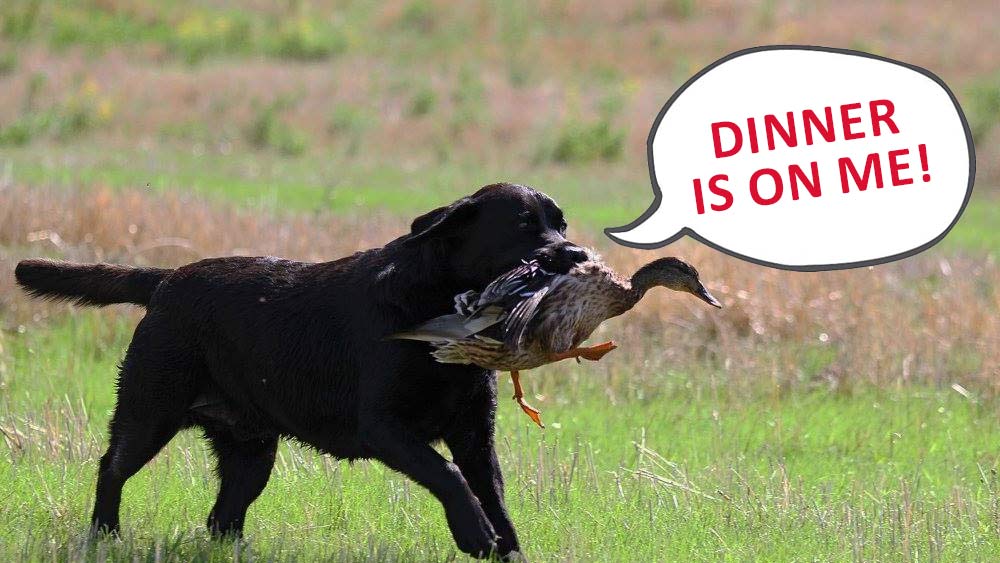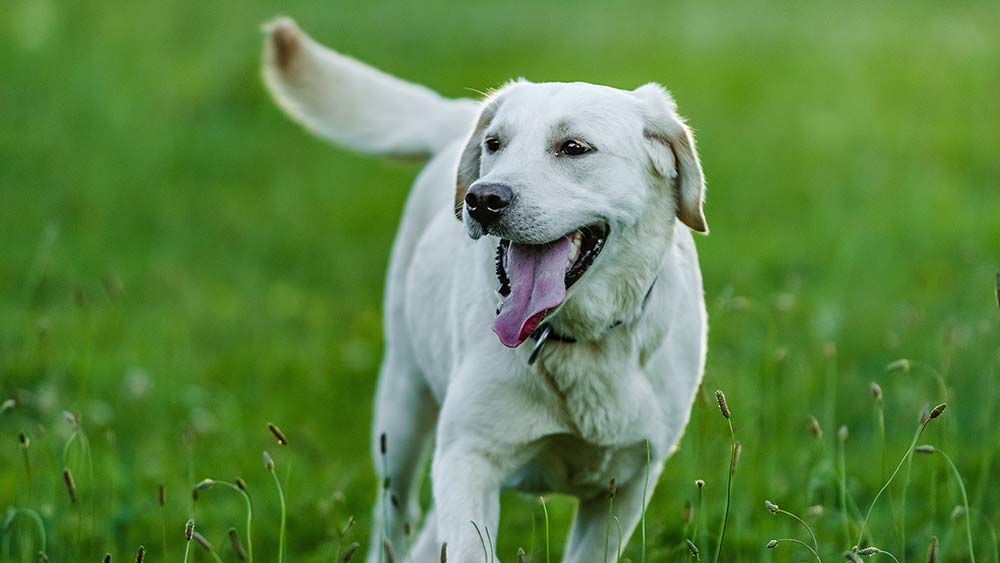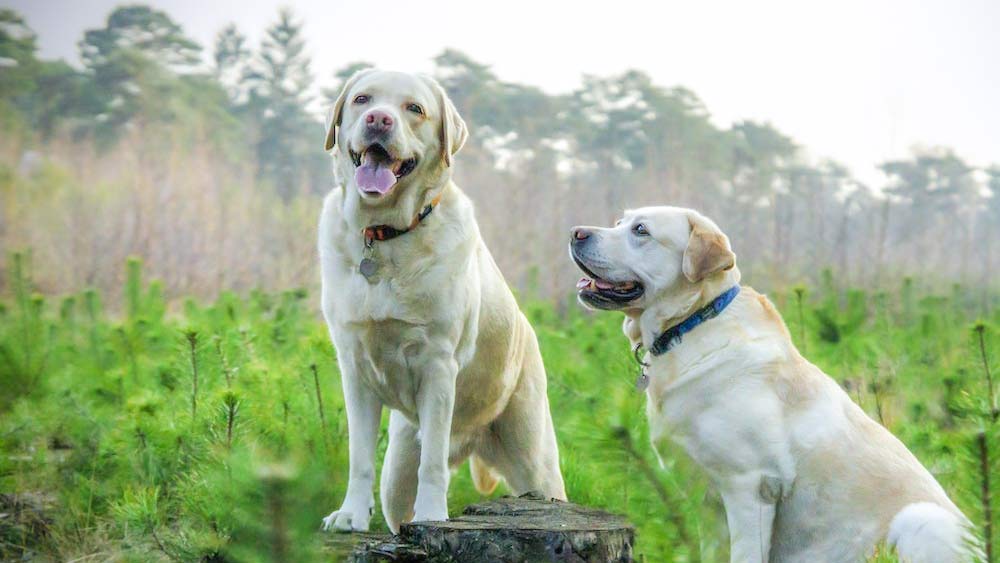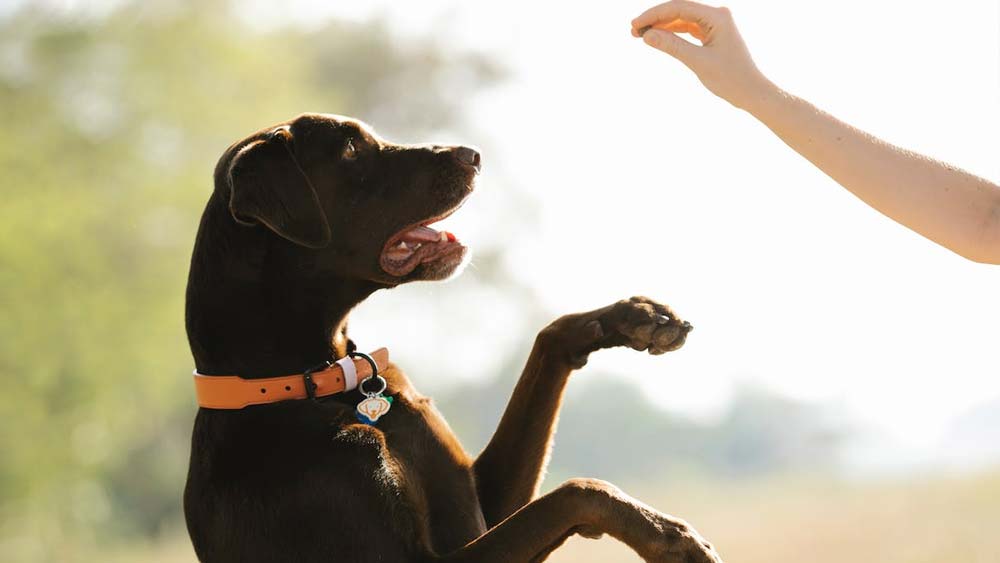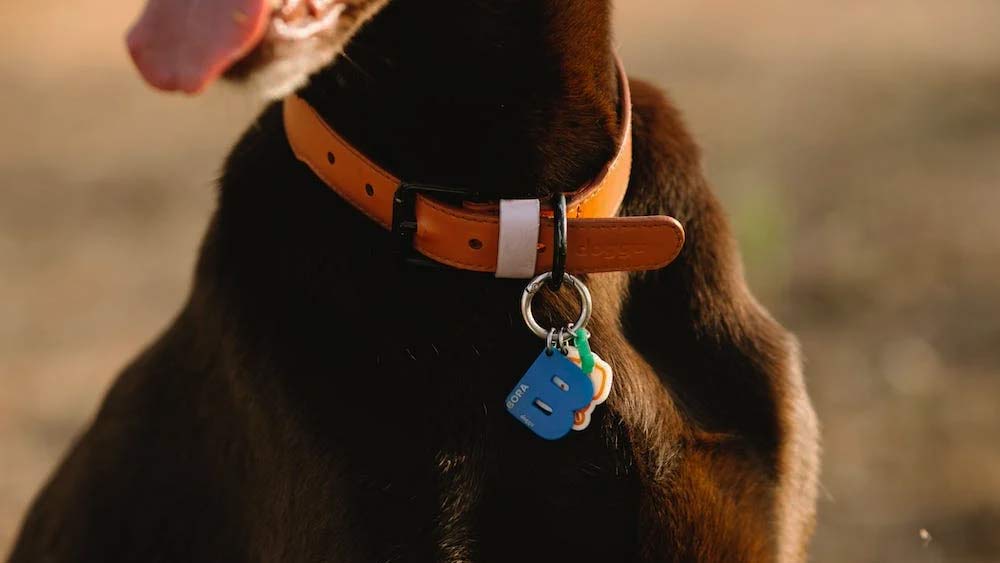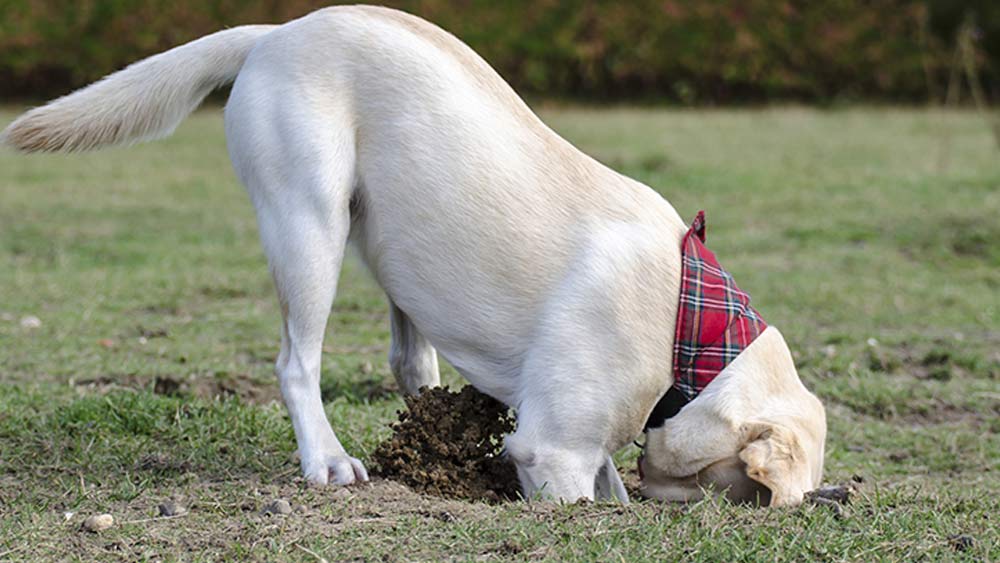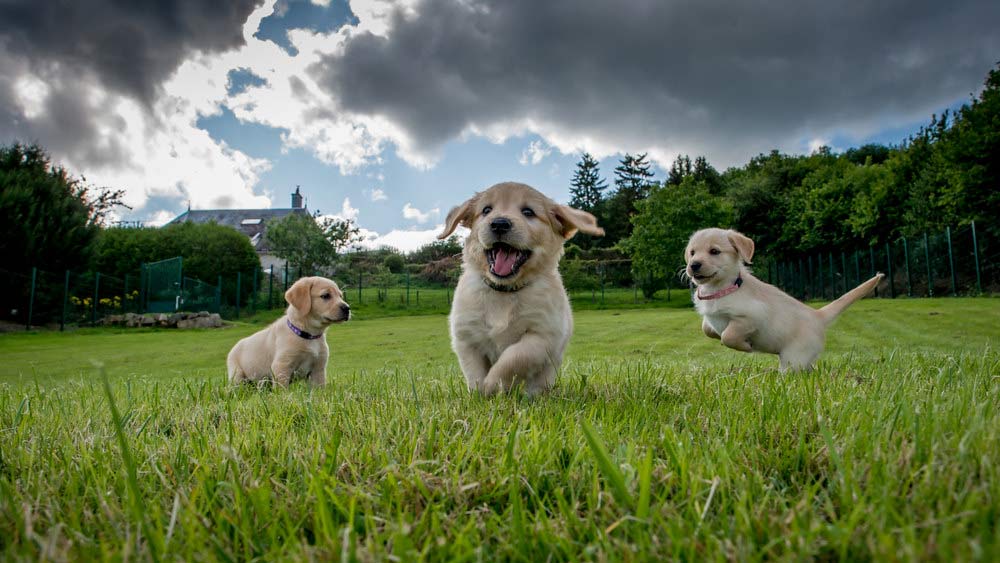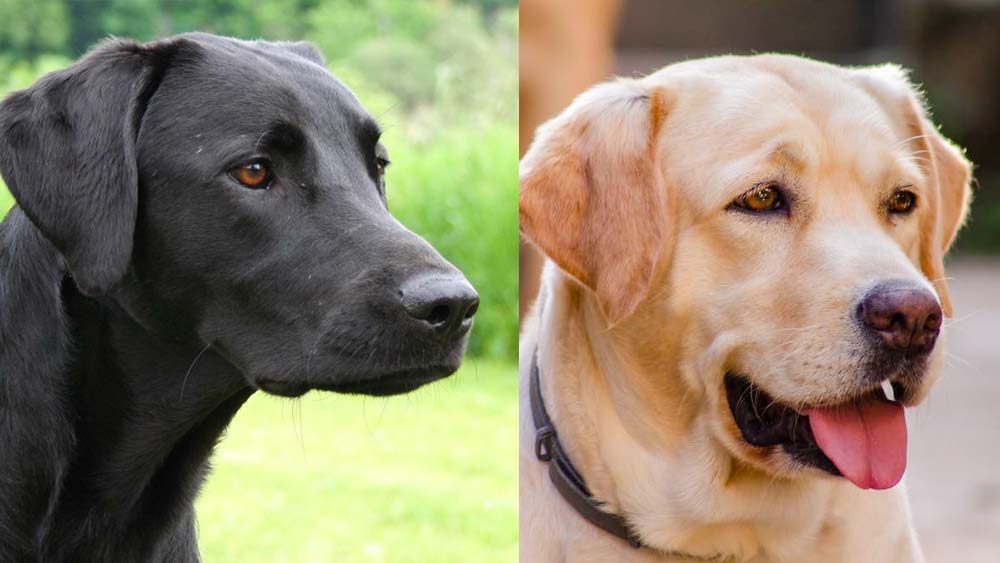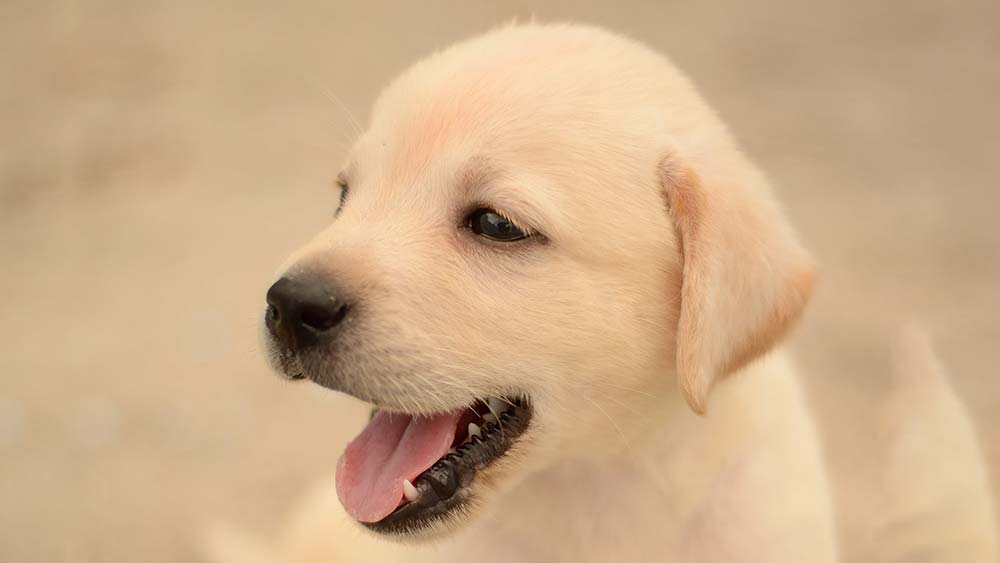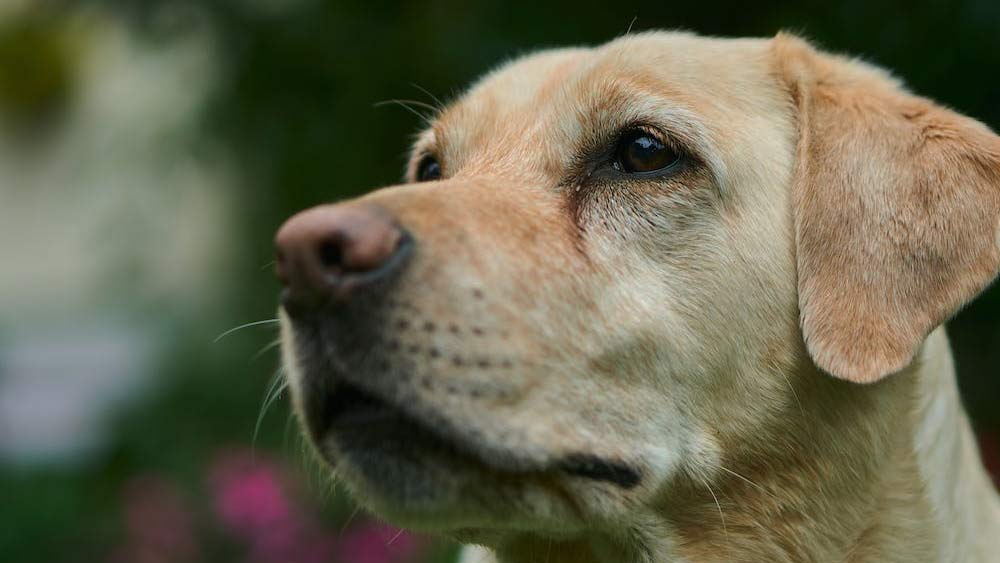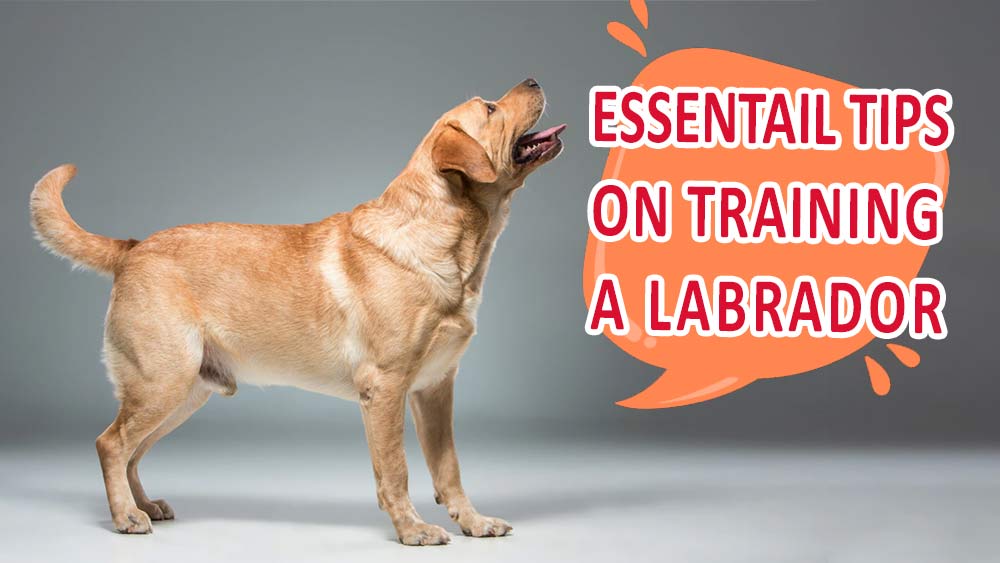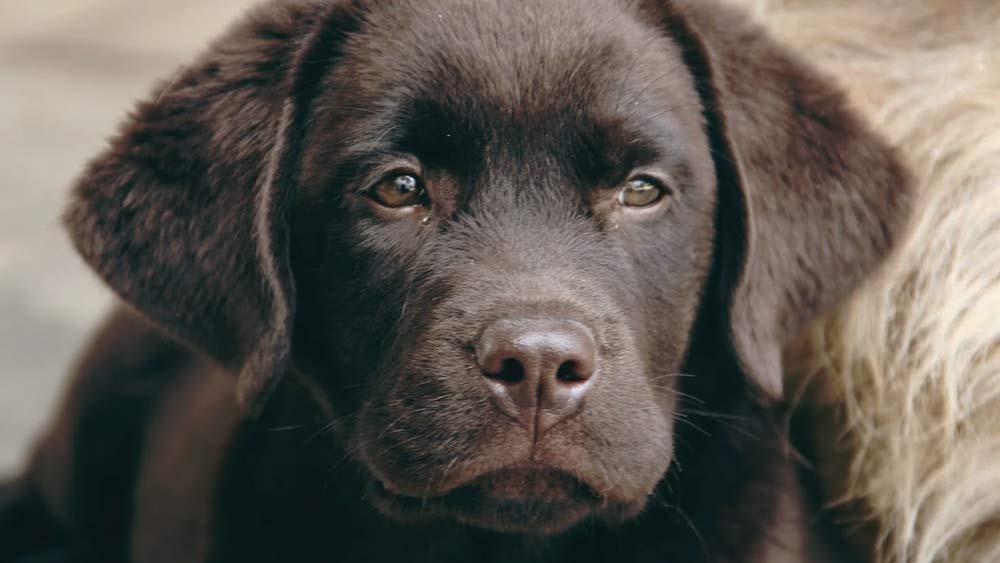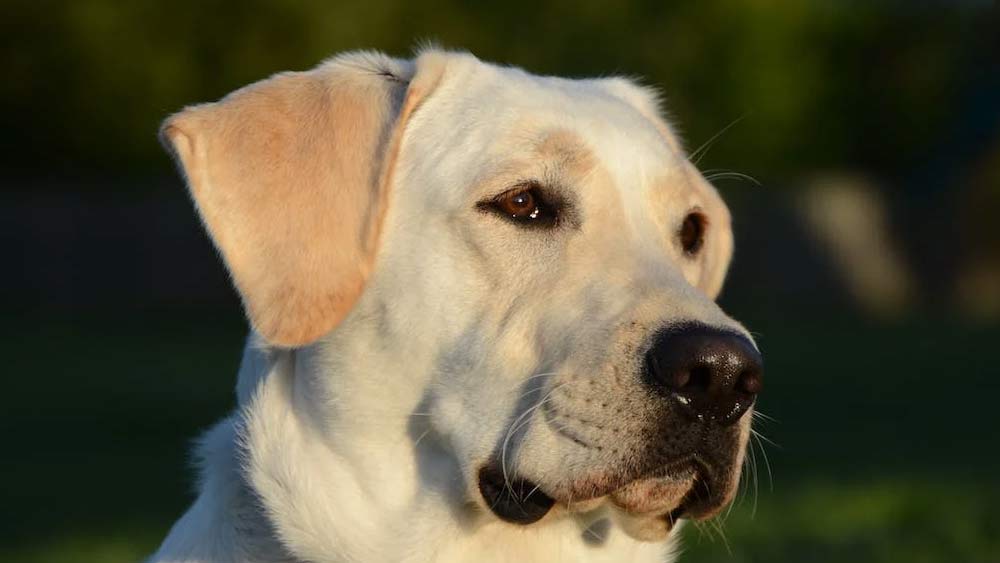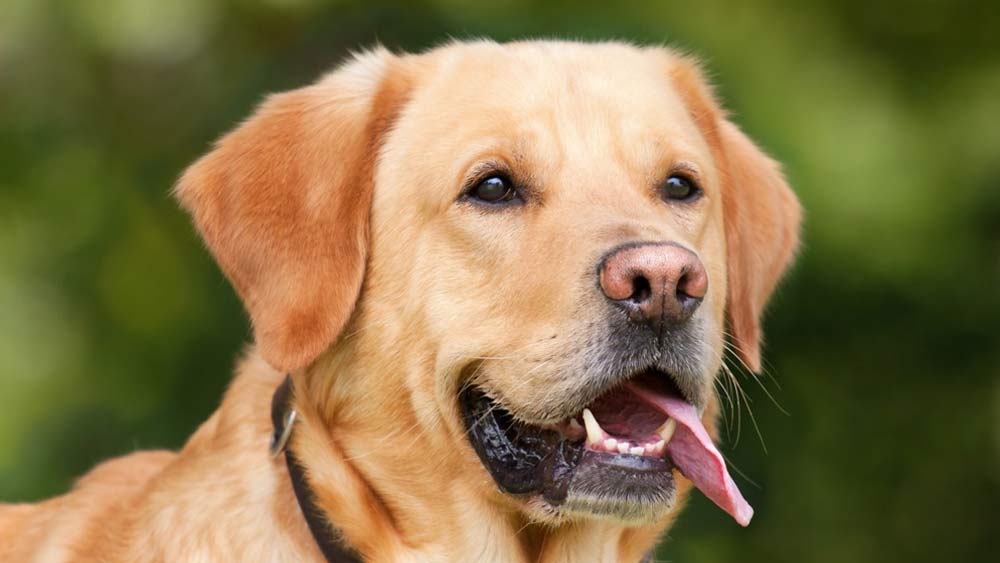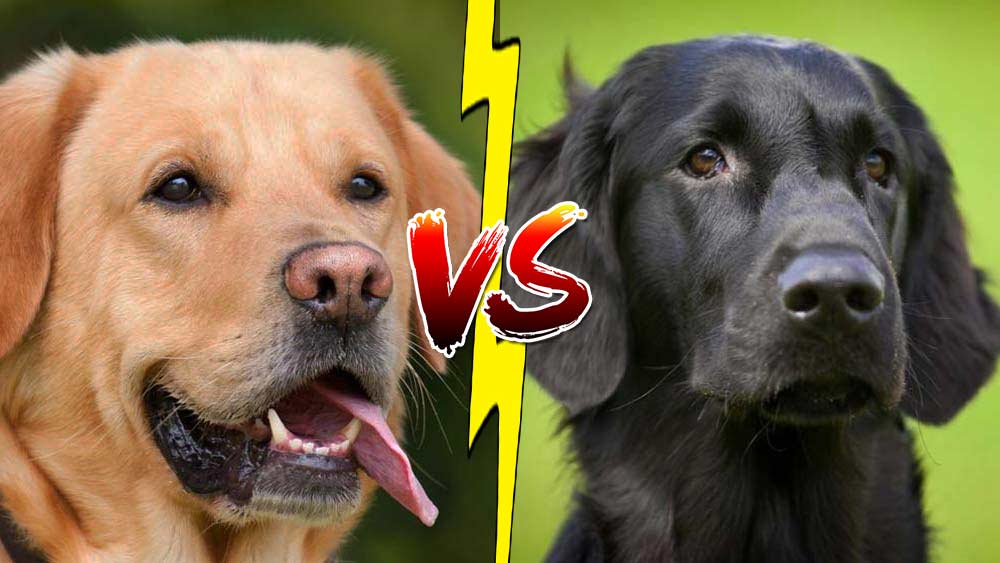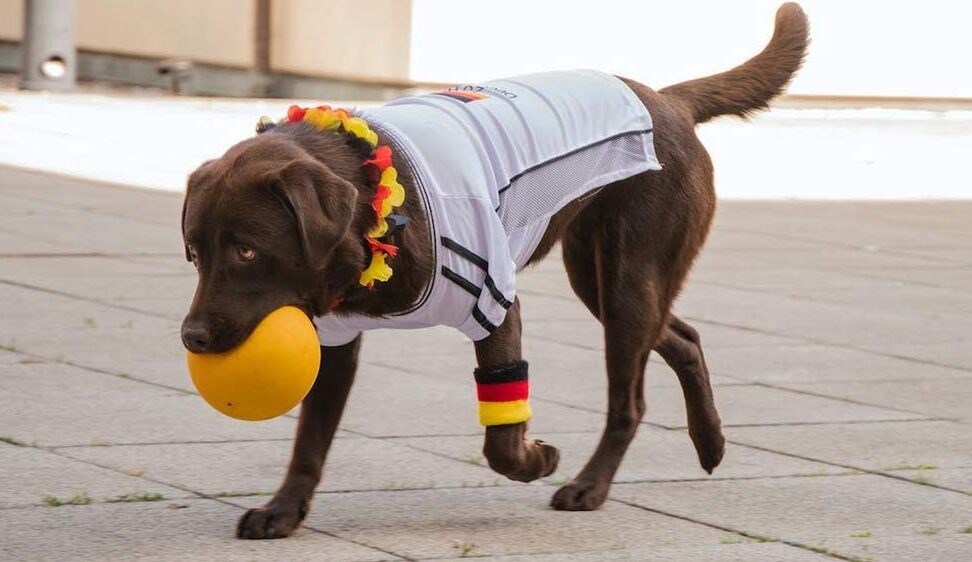original image copyright Wikimedia Commons
Labrador retrievers are one of the most popular dog breeds in America. These dogs are medium size and are strong and obedient. Labradors are known for their good manners, intelligence, and kindness, and although they were initially bred as hunting dogs, these traits make them ideal companions. In addition to their abilities and talents in sports activities, they are good service dogs, used in tasks such as guiding the blind and assisting the disabled and can be therapy dogs.
In this article, we want to talk about the hunting characteristics of Labrador retrievers, which are institutionalized in their existence.
Read More: 28 Reasons Why Labradors are Great Pets!
Why are Labrador retrievers so useful for hunting?
The origin of Labrador retrievers goes back to Newfoundland, Canada. Both breeders and environmental characteristics made Labrador retrievers strong working and sporting dogs. Labrador retrievers began their hunting career by hunting ducks in the cold and wet Newfoundland region. Going into the water to hunt ducks made their bodies strong and resistant to moisture and cold; also, solid and robust muscles have made them able to withstand long hours of hunting and work on a farm or field without getting too tired.
Resistance to cold and powerful muscles are the two main features that a hunting dog should have, and we have explained the reason for the existence of these two traits in Labrador retrievers. After a day of hunting, Labrador retrievers have much energy left for play and other things. Both physical and mental abilities make Labrador Retrievers highly intelligent and enthusiastic about hunting. It is worth mentioning that training them is very simple.
Read More: Labrador Retriever History : What you didn’t know!
Read More: Labrador retriever Types : (0 to 100 Explained)
What factors made Labrador retrievers suitable for hunting?
Being a hunter is one of the characteristics that is institutionalized in the instinct of Labrador retrievers; previously, we mentioned the factors that indicate the hunting characteristics of Labrador retrievers in the article.
Here you see a list of these factors.
- The history of this dog goes back to the Newfoundland dog, and since the Newfoundland dog is a hunting and wild dog, the breed of Labrador retrievers also inherited the hunting trait.
- Strong bones that make Labrador retrievers strong and allow them to hunt.
- A double coat that makes them Resistant to water and moisture.
- They can work in harsh terrains and climates
- Their strong and elongated muscles, which have given Labrador retrievers a sensitive and athletic body
- Their willingness to obey
- Their ability to learn things quickly
Read More: How much exercise do Labradors need? (0 to 100 explained)
Check out this video. a black lab is hunting game in extreme slope. just amazing!
Do Labrador retrievers need training for hunting?
Our answer to this question is yes. Labrador retrievers are indeed hunting dogs, but your dog needs to be adequately trained to become a skilled hunting dog because no dog is born a hunter. Most Labrador retrievers become capable hunting dogs by stimulating their hunting nature. The minimum time you should spend to have a skilled hunting dog is at least 20 minutes a day, but increasing this time to half an hour or maybe a full hour a day is not without its perks.
When your dog masters easy tasks, it’s time to ramp up the difficulty. Your Lab should pick up on his duties and do them perfectly in no more than a week. Take your time. Make it simple for him to do the assignment, and be sure to praise him whenever he succeeds.
Waterfowl hunting should be prioritized. training will focus more on sitting and staying, water retrieves, and long-distance fetches. You should give some thought to your individual hunting interests before moving further with your training. Remember to put in your daily 20 minutes of exercise until you’re both too tired to continue.
The goal is to train the dog to remain within 20 or 25 yards of the hunter’s side at all times. To become an effective hunting companion, he must first understand your demands and preferences.
Read More: how to train your Labrador Retriever: 15 most essential tips
When is the best time to train Labrador retrievers to hunt?
The best time to teach hunting and to stimulate hunting behavior in a dog is when it is a puppy. Around eight weeks of age, most Labs are considered adoptable and you can bring them home with you. please Don’t bother hunting right now. Now is the moment to teach your new puppy the basics it will need to know to grow up to be a well-behaved, useful member of the family, such as its name, your name, and the rules of the house.
When your puppy learns commands such as (come here) and other sentences that teach the dog to obey, your dog has already started its hunting journey. The most important thing a hunting dog has is control. The importance of obedience is because you want to raise a hunting dog, and if it does not obey, you and others around you are at risk of bad behavior or, in severe cases, a bite or an attack.
Read More: Labrador retrievers’ growth timeline ( from puppies to adults )
Choose a name for your dog; if he understands and comes to you, you will know that you have succeeded in basic training. In addition to knowing its name, phrases such as (sit down) and (stay) are among the first commands your dog should understand and obey when he is a puppy.
For a little time, each day, your puppy should be learning. This can begin with games like “chase the sock,” “find the shoe,” or “bring the pillow here.” Train him to sit and remain as you walk across the room, lie down low, walk at heel, and, of course, to fetch!
All business, here. This is part of his job description. Make him bring the sock, ball, or dummy back to you every time, no matter how much time it takes. The puppy needs to learn these skills if you want to have a hunting partner with you.
You need to practice with the puppy every day so he can learn your expectations and follow them.
You should expect your puppy to gain his talents and start behaving professionally after a few weeks of training and playtime. Recognize it, plan for it, and make progress toward it. But don’t give up if you don’t succeed in your training. Remember consistency is key!
Training sessions in the house and backyard are helpful, but eventually, your puppy will need to be exposed to the woods, water, fields, brush, and other elements of a hunting environment.
Read More: 19 Ways to Encourage Good Behavior in Your Puppy
Why are Labrador retrievers good hunting dogs?
Labrador retrievers will be one of the most talented and best options if we consider finding a hunting dog like a qualified employee for a job position. The features listed below have made them known as hunting dogs.
These features include the following:
- Their physique is such that they are suitable for heavy activities, and they can hunt for hours without feeling tired.
- One of the features that Labrador retrievers have is their purposefulness, and it should be noted that this purposefulness is also one of the essential features of hunting dogs.
- Obedience, one of the essential features of hunting dogs, is observed in trained Labrador retrievers.
- Indefatigable spirit is another reason Labrador retrievers are chosen as one of the best options for hunting.
- Labrador retrievers are excellent for hunting and sports if they are properly trained from a young age.
check this video out. owner says his instincts came from 4months of age. which demonstrates their historic hunting traits.
Can Labrador retrievers hunt in cold weather?
Since the primary origin of these dogs is in the Newfoundland region and this region is very cold, it has made them show high resistance to cold. Also, the resistance of the bones of Labrador retrievers, along with the muscularity of their muscles, is another reason for their resistance to the cold in cold and snowy or hot and exhausting weather, so that they can go hunting for hours without feeling tired. Owners and people who have kept Labrador retrievers have concluded that Labrador retrievers can tolerate conditions that are far less than ideal, so much so that most other dogs will never be able to tolerate these conditions.
Read More: Can Labradors Swim in Cold Waters?
Conclusion
Labrador retrievers are excellent for hunting and sports if they are properly trained from a young age. This article examined in detail whether Labrador retrievers are good hunting dogs or not. We tried to answer all the questions about the topic. You just have to remember that the hunting nature of Labrador retrievers is evident and tangible if they are skillfully trained.
Please share your comments with us to improve the article’s quality.
Some key takeaways about Labs hunting:
- While Labradors were originally bred for hunting, their polite demeanor, intelligence, and kindness have made them popular as family pets also.
- There is no doubt that Labrador retrievers are hunting dogs, but like any other breed, it’ll require proper training to reach its full potential as a hunting companion.
- Puppies are the ideal age to instill hunting skills and encourage natural hunting instincts in puppies.
- Your dog should learn its name as well as basic instructions like “sit down” and “stay” as soon as he is old enough to understand them.
- You must spend time training the puppy every day so he can understand what you want from him.
- Since these dogs originally come from the chilly climate of Newfoundland, they have developed a remarkable ability to withstand freezing temperatures.
- The two most important things a hunting dog should have are the ability to handle cold and strong muscles. Labrador retrievers have both of these things.
- Obedience is important because you want to raise a hunting dog, and if it doesn’t listen, it could act badly or, in the worst case, bite or attack you or someone else.
Read More: Having a Labrador as a Pet: Pros & Cons
Read More: Male & Female Labrador Retrievers: 16 Differences
Read More: Labrador vs flat-coated retriever: Compared in Depth
Read More: Golden vs. Labrador retriever & 10 main differences
Read More: Hiking with Dogs: 19 Things You Should Know Before You Go.
Read More: Benefits of Using a GPS Collar For Dogs

